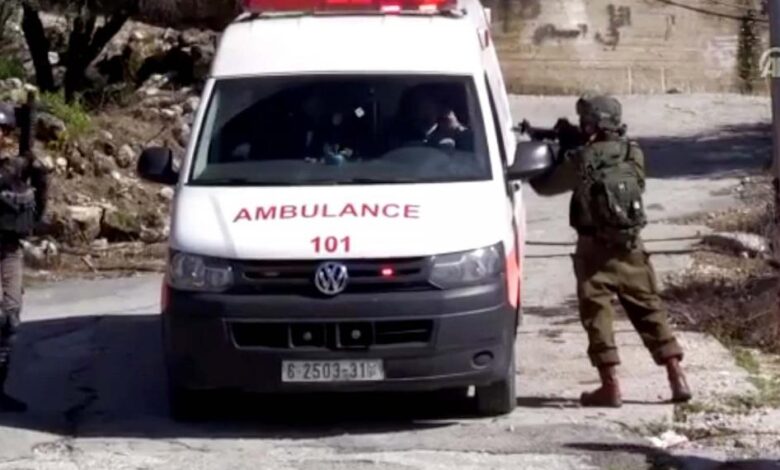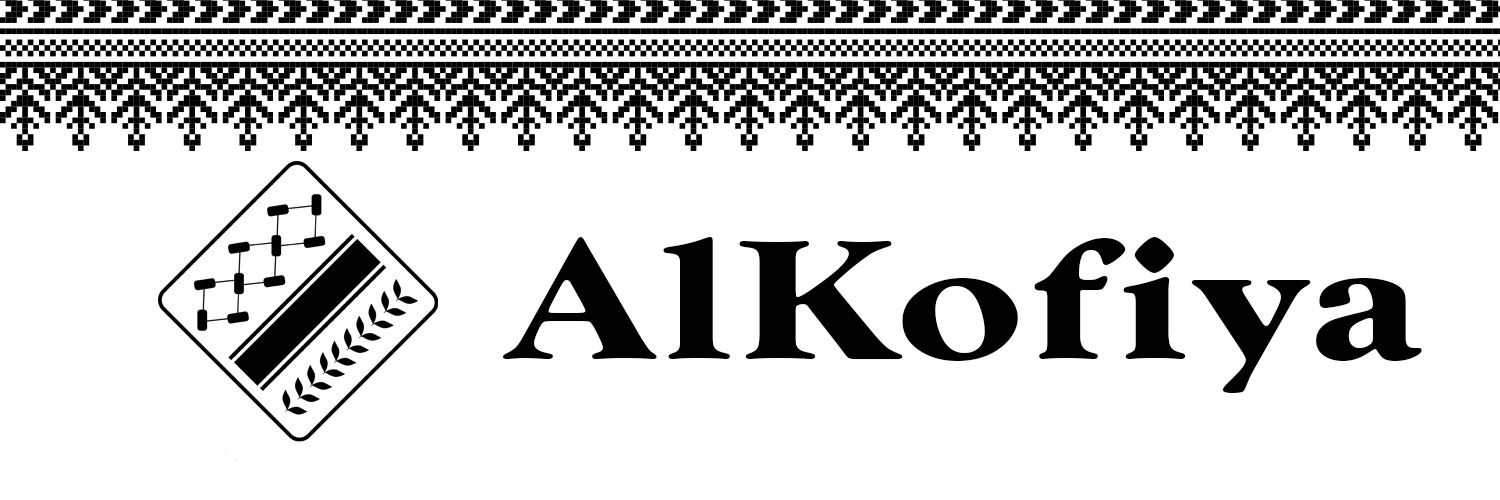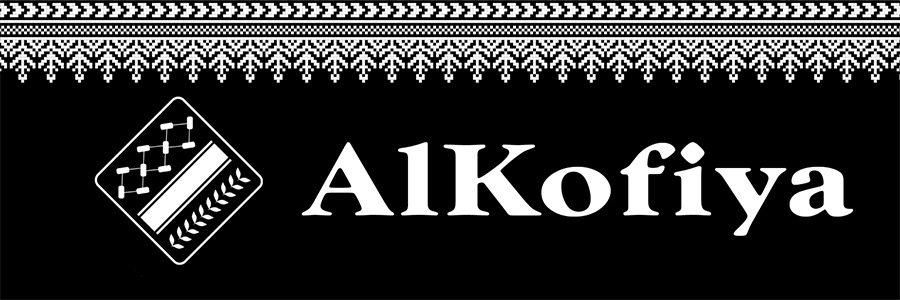
The Israeli occupation authorities approved 82% of Gaza applications for medical treatment in East Jerusalem, West Bank or Israeli hospitals during June and 77% of West Bank applications to get medical treatment in East Jerusalem or Israeli hospitals during the same month, according to the World Health Organization’s (WHO) monthly report on Health Access Barriers for patients in the occupied Palestinian territory.
It said that out of 1,556 (M: 801; F: 755) permit applications for patients from the Gaza Strip to Israeli authorities in June, more than a quarter (28%) of applications were for children under 18 and more than a fifth (22%) were for patients over 60 years old.
The top six specialties accounted for 81% of permit applications: oncology (38%); hematology (12%); cardiology (12%); orthopedics (7%); pediatrics (6%); and ophthalmology (6%). The remaining 19% of applications were for 20 other specialties.
A further 100 permit applications for patients and companions were submitted through the Palestinian General Authority of Civil Affairs during June for travel by shuttle to Jordan, which requires approval of Israeli and Jordanian authorities for direct transfer from Beit Hanoun/Erez to the King Hussein Bridge to Jordan, without formal entry to Israel or the West Bank. Jordanian hospitals issue an open appointment, rather than specifying a hospital appointment date, for these permit applications. Of the 100 applications, 29 (29%) were approved within the month, none (0%) were denied and 71 (71%) remained pending at the time of monthly reporting.
While 1,280 (M: 629; F: 651), or 82%, of the 1,556 Gaza patient applications to cross Beit Hanoun/Erez were approved in June, 18 (M: 12; F: 6) patient permit applications, more than 1% of the total for Gaza patients, were denied in June. Four of these 18 patient applications were for children under the age of 18 years, five for adults aged 18 to 40 years, eight for adults aged 41-60 years, and one for a patient over 60 years old. Five patients had appointments for cardiology; three for oncology; two for pulmonary medicine; and one each for urology, heart surgery, ICU, internal medicine, neurosurgery, orthopedics, pediatrics, and vascular surgery. Eight were destined for hospital appointments in the West Bank outside East Jerusalem, six in East Jerusalem, and four to Israeli hospitals.
In addition, 258 (M: 160; F: 98) patient permit applications, or 17% of the total, were delayed access to care, receiving no definitive response to their application by the date of their hospital appointment. Of delayed applications, 18% (46 applications) were for children under the age of 18, while 13% (33) were for patients over 60 years old. Most delayed applications (197 or 76%) were classified as ‘under study’ at the time of the patient’s hospital appointment.
In June, 37 (M: 30; F: 7) patients from the Gaza Strip were requested for interrogation as a prerequisite to their permit applications. 17 patients were aged 18 to 40 years, 16 were aged 41 to 60 years, and 4 were over 60 years old, said the WHO report.
Of these patients, 11 had appointments for cancer care (oncology); 7 for orthopedics; 5 for ophthalmology; 4 for neurosurgery; 3 for internal medicine; 2 for cardiology; and 1 each for pulmonary medicine, ENT, heart catheterization, neurology, and urology.
Twenty-five of the patients had applied for permits to access hospitals in east Jerusalem and 12 to the West Bank outside east Jerusalem. More than three-fifths of patients (62%, or 23/37) had submitted their permit applications more than 30 days before the hospital appointment. One of the 37 patients was approved during the month and the remaining 36 were awaiting a response at the time of monthly reporting.
The Health Liaison Office submitted 2,066 companion permit applications to Israeli authorities to accompany patients in June. These applications include parents or other companions applying to travel with children. Patients are eligible to apply to Israeli authorities for one companion to accompany them for health care outside the Gaza Strip. In June, 1,028 companion permit applications (50% of the total) were approved, 100 applications (5%) were denied, and the remaining 938 (45%) were delayed, receiving no definitive response by the time of the patient’s hospital appointment.
Most Palestinian patients from the West Bank outside of East Jerusalem are required to obtain permits to reach hospitals in East Jerusalem or Israel. Most women older than 50 years of age and men older than 55 years of age are exempted from the requirement, though a proportion of these are also restricted on purported security grounds.
There were 7,630 permit applications by patients from the West Bank outside east Jerusalem in June. Of patient permit applications, 3,814 (50%) were for female patients, 1,597 (21%) were for children under the age of 18 years, and 633 (8%) were for patients over 60 years. Two-thirds (67%) were for appointments at hospitals in east Jerusalem, while a third (33%) were for Israeli hospitals or clinics.
Of the 7,630 West Bank patient applications in June, 5,911 (77%) were approved, 4% lower than the average approval rate in 2022 (82%). The approval rate has been declining gradually since the beginning of the year and currently remains lower than the approval rate for the Gaza Strip. There were 1,444 (19%) denied applications and 275 (4%) applications pending at the time of monthly reporting.
The approval rate of patient permits varies by location. In June, governorates with an approval rate of 77% or higher included Abu Dis (90%); al-Ram and Jericho (83%) each; Bethlehem and Salfit (82%) each; Tulkarm and Ramallah (80%) each; Jenin (79%); and Tubas and Qalqilya (78%) each. Governorates with an approval rate lower than the average of 77% included Nablus (70%), and Hebron (65%).
In June, out of 8,781 companion permit applications to Israeli authorities from the West Bank outside east Jerusalem, to access health care in east Jerusalem and Israel, 4,538 (52%) were for female companions, while 89% of applications were for companions aged from 18-59 years.
Of the 8,781 West Bank companion applications, 6,757 (77%) were approved. 1,676 (19%) were unsuccessful and 348 (4%) were pending reply at the time of monthly reporting.





